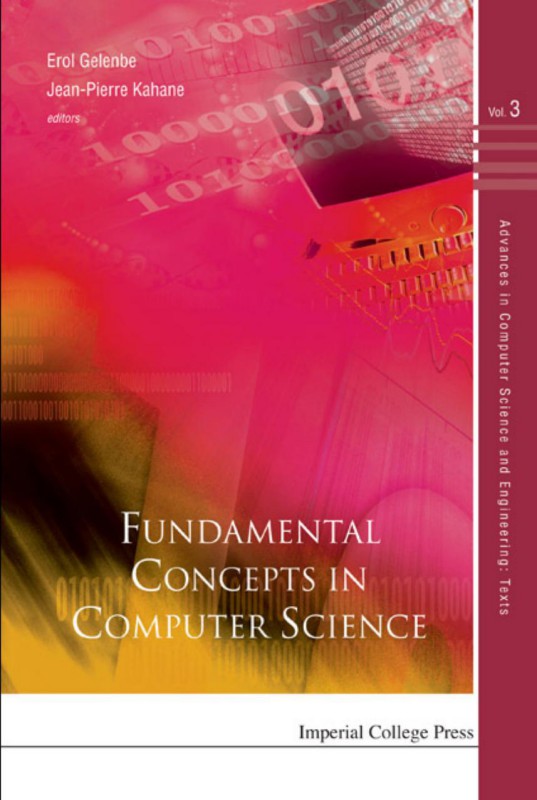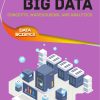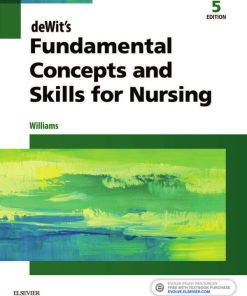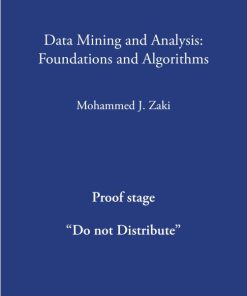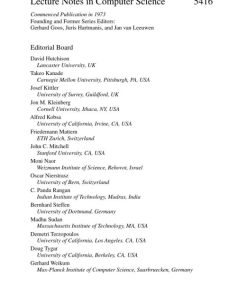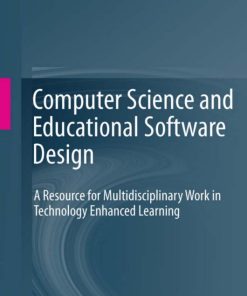Fundamental Concepts in Computer Science 1st Edition by Erol Gelenbe, Jean Pierre Kahane ISBN 1848168179 9781848168176
$50.00 Original price was: $50.00.$25.00Current price is: $25.00.
Authors:Erol Gelenbe; Jean-Pierre Kahane , Author sort:Gelenbe, Erol & Kahane, Jean-Pierre , Languages:Languages:eng , Published:Published:Dec 2008
Fundamental Concepts in Computer Science 1st Edition by Erol Gelenbe, Jean Pierre Kahane – Ebook PDF Instant Download/Delivery. 1848168179, 9781848168176
Full download Fundamental Concepts in Computer Science 1st Edition after payment
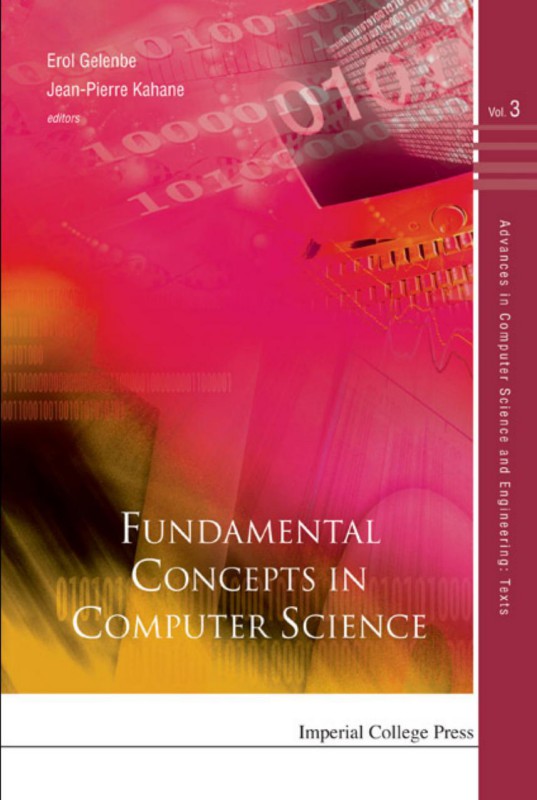
Product details:
ISBN 10: 1848168179
ISBN 13: 9781848168176
Author: Erol Gelenbe, Jean Pierre Kahane
This book presents fundamental contributions to computer science as written and recounted by those who made the contributions themselves. As such, it is a highly original approach to a “living history” of the field of computer science. The scope of the book is broad in that it covers all aspects of computer science, going from the theory of computation, the theory of programming, and the theory of computer system performance, all the way to computer hardware and to major numerical applications of computers.
Fundamental Concepts in Computer Science 1st Table of contents:
1. Böhm’s Theorem
1. Introduction
2. Böhm’s Theorem for Trees
3. Böhm’s Theorem for λ-Calculus
4. Follow-Up to Böhm’s Theorem
4.1. Böhm’s work on Böhm’s theorem
4.2. Generalizations of Böhm’s theorem
4.3. Theories and models of λ-calculus
4.4. Böhm trees and Boohm-out-technique
4.5. Observational equivalence
2. Membrane Computing: History and Brief Introduction
1. Personal Views on the History of Membrane Computing
1.1. The pre-history
1.2. The first years
1.3. The recent years
1.4. The next years
2. Elements of Membrane Computing
2.1. The three main classes of P systems
2.2. Cell-like P systems: An informal presentation
2.3. Basic ingredients of P systems
2.4. A large number of variants
2.5. Computational completeness
2.6. Computational efficiency
2.7. Applications
3. Critique of Computational Reason in the Natural Sciences
1. From the Alphabet to the Machine
2. The Elementary and the Complex
3. Imitations and Models
3.1. Models, processes, and unpredictability
4. Calculus, Physics, and Living Phenomena
5. But…Natural Processes Compute?
6. Mnemonic Interlude
7. Conclusion: A Question of Principles
4. Deterministic Computation with Random G-Networks
1. Introduction
2. The GNN and Its Extensions
2.1. Stationary or steady-state solution
2.2. The bipolar GNN or BGNN
3. Approximation of Functions of One Variable by the GNN with a Bounded Number of Layers
3.1. Technical premises
3.2. BGNN approximation of continuous functions of one variable
3.3. CGNN approximation of continuous functions of one variable
4. Approximation of Continuous Functions of s Variables
5. Conclusions
5. Assertions: A Personal Perspective
1. Experience in Industry, 1960-1968
2. Research in Belfast, 1968-1977
3. Move to Oxford, 1977-1999
4. Back in Industry, 1999
6. The Call To ARMs
1. Acorn Computer Ltd
2. The BBC Micro
3. Why Design a Microprocessor?
4. The ARM Design Process
5. The Formation of ARM Ltd
6. A 20-year Perspective
7. Carl Adam Petri and “Petri Nets”
1. Introduction
2. The Dissertation
3. Carl Adam Petri, The Man
4. The Years Until 1980
5. The Years Since 1980
6. Honors
7. What Will the Future Bring?
8. From Stochastic Modeling to Operational Analysis: The Journey Begins
1. Stochastic Processes and the Central Server Model…
2. Early Concerns About Stochastic Modeling
3. Impact of Empirical Success
4. Lectures at Serre Chevalier and Bologna
5. Emergence of Operational Analysis
9. From Rocket Control to Virtual Design
1. Computational Fluid Dynamics
2. Open Problems
3. Computational Fluid Dynamics and Computer Science
People also search for Fundamental Concepts in Computer Science 1st:
fundamental concepts in computer science
data and expressions are fundamental concepts in computer science
what are the fundamentals of computer science
basic concepts of computer science
fundamental concepts in programming languages
You may also like…
eBook PDF
Concepts for Nursing Practice 3rd Edition by Jean Foret Giddens ISBN 9780323598095 0323598099
eBook PDF
Concepts for Nursing Practice 3rd Edition by Jean Foret Giddens ISBN 0323581935 9780323581936

